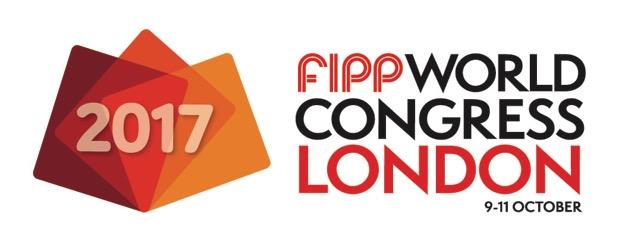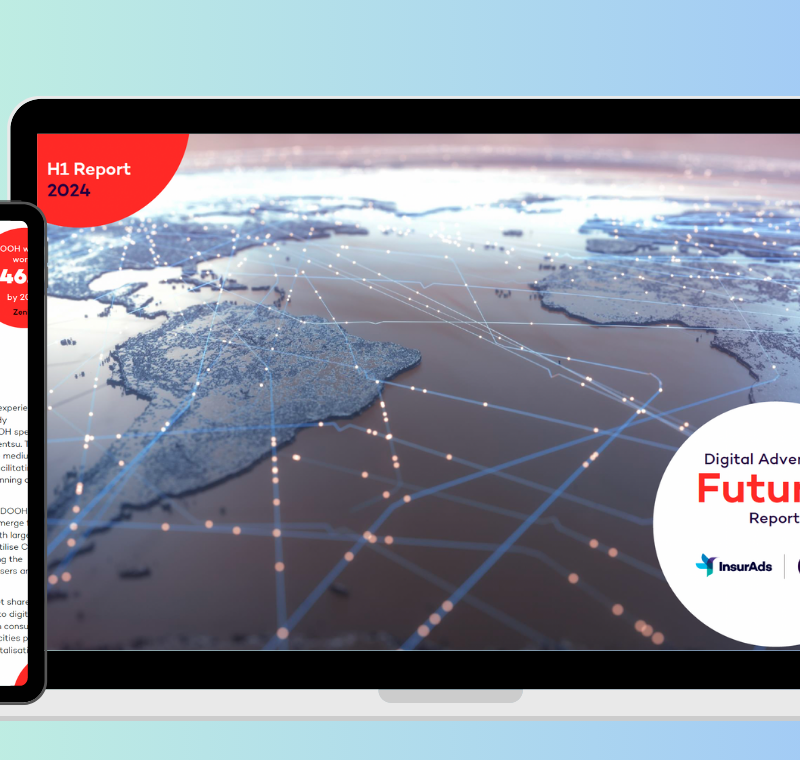[Video] “We’re now in a post-advertising society”
This article is reproduced with thanks to Native Advertising Institute, a FIPP member. See the original article here. Jesper Laursen, CEO of Native Advertising Institute, will lead a panel discussion on native advertising at the 41st FIPP World Congress, 9-11 October 2017 in London, the UK. Meet him there.
Rickard Lawson, country manager at Strossle Norway, lead a session on what brands can learn from publishers regarding native advertising at the 2016 Native Advertising Days. Learn more about this year’s conference.
“Publishers are struggling to stay relevant”
“Publishers are struggling to stay relevant to advertisers in a way that’s different from before because of the speed in the way things are happening, but they are still very much relevant. Just looking at the media spend today, you see that publishers are able to sustain that relevance, but they are gradually threatened by platforms and solutions that are both faster and more efficient. The key to the challenges for publishers is to sustain that relevance over time.
Publishers have been in many ways shielded from a lot of the changes in society by saying that, “we have a voice and our voice matters” more than saying, “the consumer or the user has a voice and we need to listen to that voice”.
But that’s changing now in the way media is created and published and distributed, where it’s becoming like everything else more and more user centric.”
What brands can learn from publishers
“At the heart of the publishers’ value proposition is the ability to tell a great story and using what many describe as journalistic capabilities, but it’s just in the essence being able to convey what is important and useful for someone.
And as advertisers that haven’t really been at the core before, because it’s been about the product but now that it’s more about the user. You have to in a completely different way than before actually communicate what is the value proposition and publishers have always been great at telling stories — it’s what they do.”
Advertising formats are no longer controlled by publishers
“A lot of the advertising formats that we have today were created in the golden era of media, where you had a scarcity of media outlets and advertising agencies were created to use the spaces that the media had created.
So what’s changed now is that the advertising formats are no longer dictated by media themselves? No advertiser ever came up with a pre-roll, you know. That was created by media as a way of financing content.
Now that the balance of power has shifted in many ways. Media needs to rethink those spaces and how they enable and allow advertisers to come in and talk to their audiences. There is so much learning that goes both ways; both between the brands and the publishers and the publishers and the brands.
The skill set of the publishers is moving over to the brands, but it’s also the values and the ideas of the brands that are becoming more dominant in the publishing space.”
Publishers haven’t been good at keeping up
“Publishers haven’t been very good at [keeping up] and when you look at where the money is going in especially digital growth, it’s clear that the companies that have the ability to filter away what is unnecessary are winning this game. Right now they’re both American platforms.
But the media crisis that we’re talking about now has been around for 20 years and media is still here and media is learning and catching up fast.”
“We’re now in a post-advertising society”
“One thing that every company has learned from the platform economy is that we’re now in a post-advertising society and it’s more and more about providing utility for consumers.
If you can somehow improve the life quality of your user either by making complex decisions less complicated or technical issues less technical, making life faster and simple for users, then that’s a winning formula.
So storytelling is about creating an understanding of that utility, so if you can explain to your users what it is that you’re adding to their lives, rather than what is the USP of your product; how cheap it is or how fast it is etc. Then that is the way forward.”
Everybody is a publisher
“Becoming a publisher today has become a very democratic process; my dog has an Instagram account. But if you’re not adding value then you’re just creating noise, so if you’re a brand, a blogger, an influencer or if you’re a media company you somehow have to add something to people’s lives.
Right now brands are really good at that because they know what’s at the core of their products and they know what it is that that product is designed and set out to do. I think they’re leading the way in taking back that narrative.”
The whole media landscape is extremely cluttered and that is providing a fantastic dawn of faster and improved personalization through artificial intelligence, machine learning, understanding the patterns of what lies behind user content consumption regardless of platforms and filtering away what isn’t relevant or what isn’t necessary and in fact enhancing what is the best option at the best time for people. That’s coming now, it’s coming fast.”
AI is coming
“It’s early days for machine learning and artificial intelligence, but it’s already becoming in a sense commoditised. I think we’ll see more and more AI as a service on almost every level of product; be it from the way we communicate directly one-to-one on chatbots, on messenger services, that we’re already seeing today, to personalisation; the media experiences based on where you are, what you’re doing, what platform you’re on, what time you have available to you.
The systems that we surround ourselves with right now are already really good at processing and finding those optimised time slots for serving us content that is the most relevant from where we are at the time and it’s happening right. We’re all getting push messages from platforms and services telling us what’s the nearest restaurant? What’s the best place to have a coffee in this neighbourhood? It’s all part of that change.”
Jesper Laursen, CEO of Native Advertising Institute, will lead a panel discussion on native advertising at the 41st FIPP World Congress, 9-11 October 2017 in London, the UK. Meet him there.

More like this
Lukas Kircher: Native advertising should not ‘blend in’
[Video] Mobile native advertising needs more transparency
[Video] Native advertising has to be done by the editorial team
[Video] How Visa works with disclosure of native advertising








